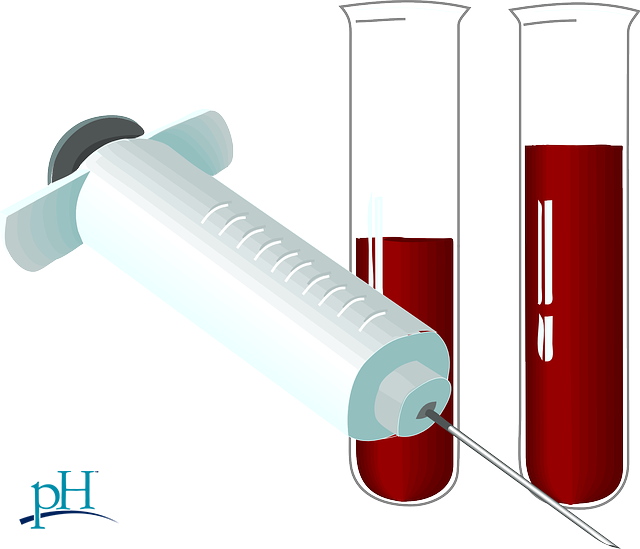Read my lipids: Prostate cancer risk greater with high cholesterol, triglycerides
11 years ago | Men's Health
Be proactive by getting your blood lipid levels checked!
By pH health care professionals
Prostate cancer is one of the most common cancers among American men. This year, approximately 233,000 men will be diagnosed with prostate cancer and 29,480 will die from it. It is estimated that prostate cancer affects 1 in 7 men – so how can you be more proactive?
For starters, make sure your lipids -- triglycerides and cholesterol -- are in check! Numerous studies have suggested a relationship between high triglycerides and cholesterol and your risk for prostate cancer.
What’s the difference between triglycerides and cholesterol?
Triglycerides and cholesterol are two distinct types of fats (lipids) that circulate in the blood. Your triglycerides store extra calories from food and provide your body with energy. Your cholesterol is used to build cells and certain hormones. You have two kinds of cholesterol – LDL, generally regarded as “bad” cholesterol, and HDL, which is considered the “good” cholesterol. Triglycerides and cholesterol serve important functions, but need to be maintained at healthy levels.
So what should you know about triglyceride and cholesterol levels and prostate cancer?
- Genetics may play a part in your risk. A recent study published in International Journal of Epidemiology adds to the growing body of research highlighting genetic risk factors associated with LDL cholesterol (the “bad” kind) and triglycerides as key contributors to prostate cancer.
- High triglycerides and cholesterol may increase odds of the cancer coming back. A study published in the journal Cancer Epidemiology, Biomarkers & Prevention indicates that higher total cholesterol and triglyceride levels in men with prostate cancer are associated with an increased risk of disease recurrence. Among those with the higher levels, for every 10 mg/dL increase in total serum cholesterol above 200 mg/dL, there was a 9 percent increased risk for prostate cancer recurrence – as total cholesterol went up, so did prostate cancer risk.
- The “good” cholesterol may lower your risk. In men with low HDL (the “good” kind) cholesterol, for every 10 mg/dL increase in HDL cholesterol, the risk for prostate cancer recurrence was lowered by 39 percent.
Note, however, that the research has shown an interesting association, but has not at this point proven high cholesterol and triglycerides are totally to blame. There may be other factors at play.
Why are they linked?
This may be because high cholesterol is necessary for normal cells to become cancer cells.
On the other hand, lowering cholesterol levels is thought to block cancerous activities within prostate cells. Similarly, high triglycerides have been associated with elevated levels of reactive oxygen species and oxidative stress, in addition to development of insulin resistance, all of which are factors that have been associated with prostate tumor growth.
So what can you do?
Be proactive! Get your lipid levels checked on a regular basis so that if your cholesterol or triglyceride levels begin to climb, you can work with a health care professional to bring your levels back down to normal.
Enjoy Your Healthy Life!
The pH professional health care team includes recognized experts from a variety of health care and related disciplines, including physicians, attorneys, nutritionists, nurses and certified fitness instructors. This team also includes the members of the pH Medical Advisory Board, which constantly monitors all pH programs, products and services. To learn more about the pH Medical Advisory Board, click here.







